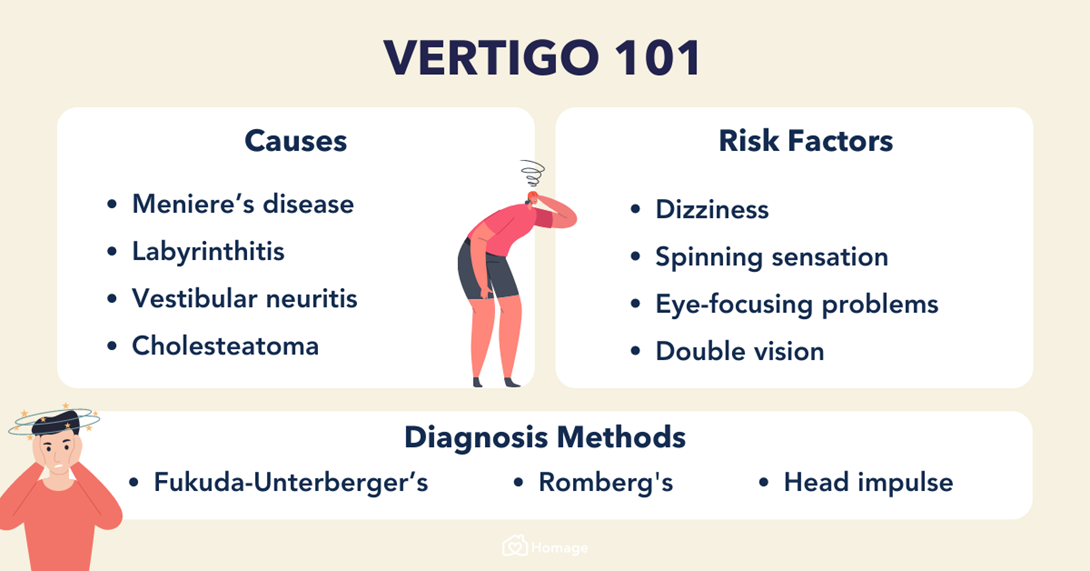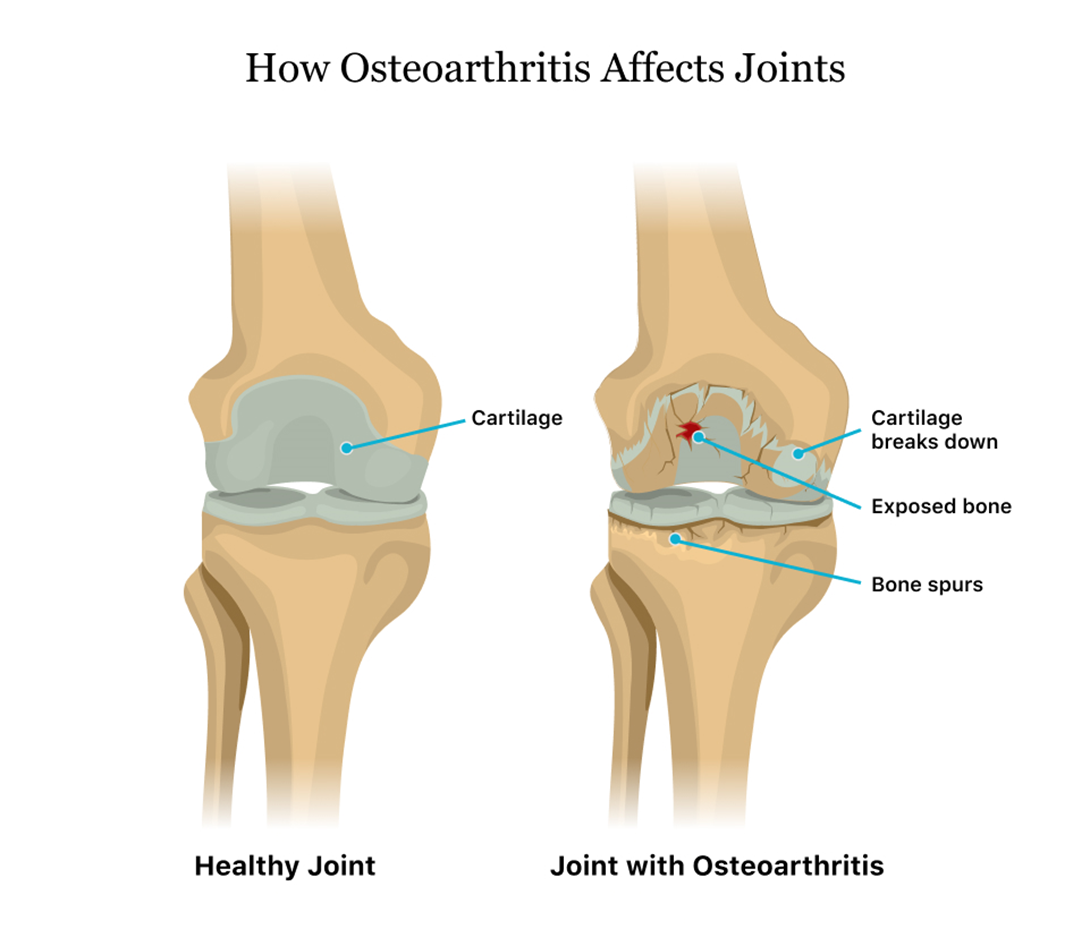A patient experiences residual effects following an acute attack of Ménière's disease and receives a new prescription for an antihistamine. Which assessment finding indicates that the medication is effective?
Headache rated at 0 on 0 to 10 scale.
Oxygen saturation level of 99%.
Ambulates easily without vertigo.
Blood pressure of 120/80 mm Hg.
The Correct Answer is C
Choice A: A headache rated at 0 on 0 to 10 scale is not a specific indicator of the effectiveness of an antihistamine. A headache may be caused by other factors, such as dehydration, stress, or sinus congestion.
Choice B: Oxygen saturation level of 99% is a normal finding and does not reflect the effect of an antihistamine. Oxygen saturation measures the amount of oxygen in the blood and can be affected by respiratory conditions, altitude, or smoking.
Choice C: Ambulating easily without vertigo is a sign that the antihistamine is effective. Vertigo is a common symptom of Ménière's disease, which is a disorder of the inner ear that causes episodes of spinning sensation, hearing loss, and tinnitus. Antihistamines can help reduce the fluid buildup in the inner ear and relieve vertigo.
Choice D: Blood pressure of 120/80 mm Hg is a normal finding and does not indicate the effect of an antihistamine. Blood pressure measures the force of blood against the walls of the arteries and can be influenced by factors such as heart rate, cardiac output, blood volume, and vascular resistance.

Nursing Test Bank
Naxlex Comprehensive Predictor Exams
Related Questions
Correct Answer is D
Explanation
Choice A reason: Jogging or running are not excellent aerobic exercises for an older adult client with osteoarthritis. These activities can put a lot of stress and impact on the joints, especially the knees, hips, and ankles, which can worsen the pain and inflammation of osteoarthritis. The nurse should advise the client to avoid high-impact exercises that can damage the cartilage and bones.
Choice B reason: Tennis or racquetball are not ideal exercises for an older adult client with osteoarthritis. These activities involve sudden movements, twists, and turns that can strain the joints, especially the elbows, wrists, and shoulders, which can aggravate the symptoms of osteoarthritis. The nurse should advise the client to avoid exercises that can cause joint instability and injury.
Choice C reason: Limiting the exercise to just the daily activities is not a good advice for an older adult client with osteoarthritis. Exercise is important for maintaining joint health, mobility, and function, as well as preventing muscle loss, obesity, and cardiovascular diseases. The nurse should encourage the client to engage in regular moderate exercise that can improve the quality of life and reduce the complications of osteoarthritis.
Choice D reason: Swimming is an excellent exercise for an older adult client with osteoarthritis. Swimming is a low-impact aerobic exercise that can strengthen the muscles, improve the cardiovascular fitness, and enhance the flexibility of the joints without putting too much pressure or stress on them. Swimming can also reduce the pain and stiffness of osteoarthritis by providing a soothing and relaxing effect on the body. The nurse should recommend swimming as a safe and effective exercise for the client.
Correct Answer is B
Explanation
Choice A reason: Obtaining a soft diet for the client is not the best initial nursing action for a client with chemotherapy-induced mucositis who is describing soreness of the tongue and oral issues. A soft diet can help reduce the irritation and discomfort of the oral mucosa, but it does not address the underlying cause of the inflammation and infection. The nurse should first assess the client's oral hygiene and provide appropriate interventions to prevent further complications.
Choice B reason: Encouraging frequent mouth care is the best initial nursing action for a client with chemotherapy-induced mucositis who is describing soreness of the tongue and oral issues. Frequent mouth care can help prevent or reduce the severity of mucositis by removing plaque, bacteria, and debris from the oral cavity, and by moisturizing and soothing the oral tissues. The nurse should instruct the client to use a soft toothbrush, a mild toothpaste, and a saline or bicarbonate rinse at least four times a day, and to avoid alcohol, tobacco, spicy, acidic, or hot foods and beverages.
Choice C reason: Cleansing the tongue and mouth with swabs is not the best initial nursing action for a client with chemotherapy-induced mucositis who is describing soreness of the tongue and oral issues. Swabs can be abrasive and damaging to the oral mucosa, especially if they are dry or contain alcohol or hydrogen peroxide. Swabs can also increase the risk of bleeding, infection, and ulceration of the oral tissues. The nurse should use a soft toothbrush or a gentle sponge to clean the tongue and mouth.
Choice D reason: Administering a topical analgesic per protocol is not the best initial nursing action for a client with chemotherapy-induced mucositis who is describing soreness of the tongue and oral issues. A topical analgesic can provide temporary relief of pain and discomfort, but it does not address the underlying cause of the inflammation and infection. The nurse should first assess the client's oral hygiene and provide appropriate interventions to prevent further complications. The nurse should also monitor the client's response to the analgesic and report any adverse effects or inadequate pain control.
Whether you are a student looking to ace your exams or a practicing nurse seeking to enhance your expertise , our nursing education contents will empower you with the confidence and competence to make a difference in the lives of patients and become a respected leader in the healthcare field.
Visit Naxlex, invest in your future and unlock endless possibilities with our unparalleled nursing education contents today
Report Wrong Answer on the Current Question
Do you disagree with the answer? If yes, what is your expected answer? Explain.
Kindly be descriptive with the issue you are facing.
